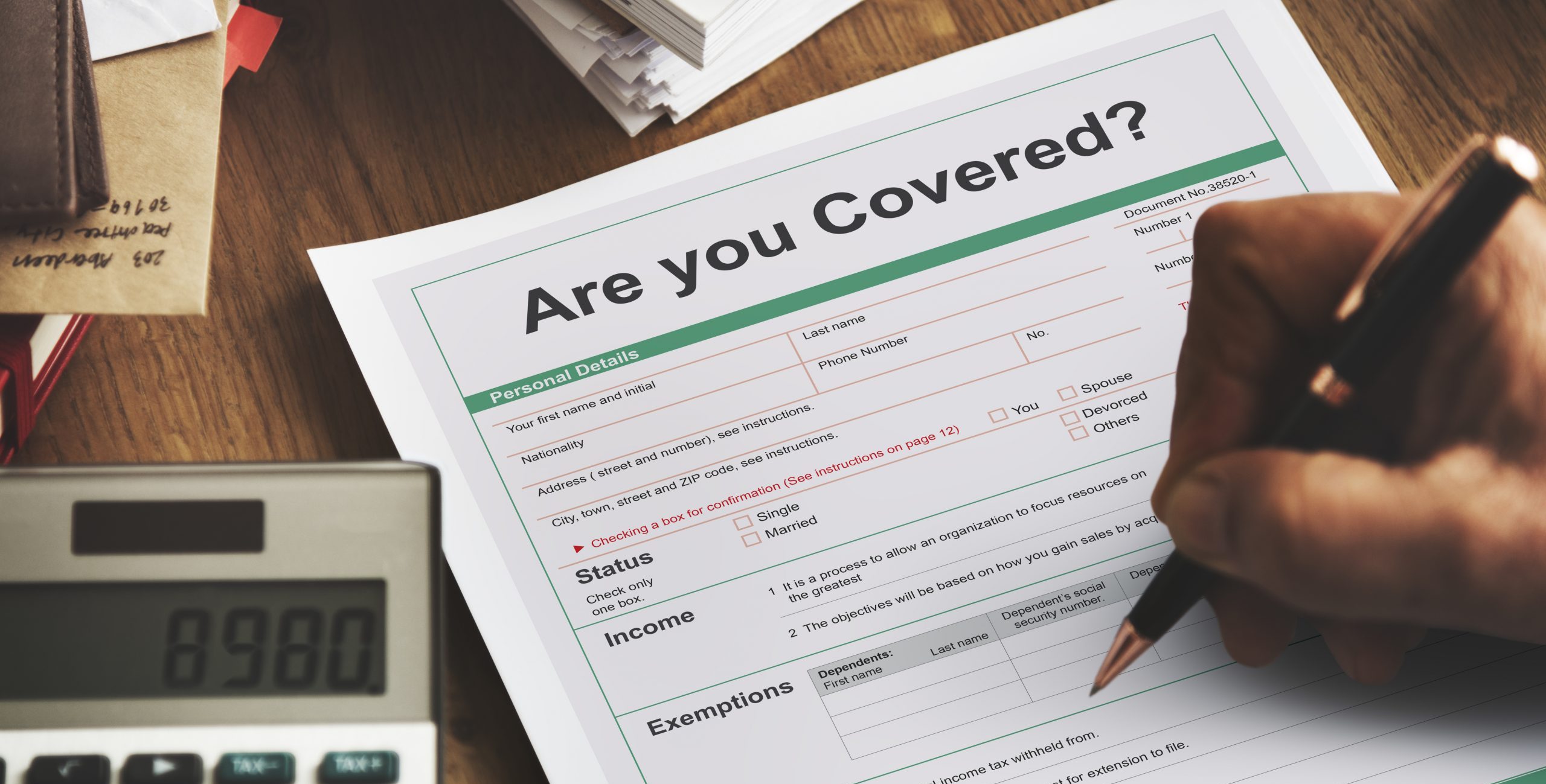The Difference Between Homeowners Insurance and Title Insurance

4 Tips to Improve Your Credit Score
December 6, 2021
5 things that affect your Credit Score
December 6, 2021When purchasing a property, there are several factors to consider. Finding the proper house and obtaining finance may be pretty difficult. You must get the appropriate insurance to ensure that your new home is adequately covered.
While title insurance and house insurance are two separate and different forms of insurance, many Canadian homeowners confuse the two. You'll need homeowner's insurance as well as title insurance for your home. These are very different and provide varying levels of protection for you and your house. Even if you don't know the difference, it's critical that you do and carry both to avoid some unpleasant surprises down the line.
Here's all you need to know about title insurance and house insurance, as well as how they vary.
Title Insurance
You've undoubtedly thought about what "title" means in the context of title insurance. The term "title" refers to having legal ownership of a piece of property. When the former owner signs the deed and transfers the property to you, you acquire the title.
In Canada, every title is recorded in the government's land registration system.
In the context mentioned above, title insurance is an insurance policy that covers both property owners and lenders through an owner's policy and a loan/lender policy, respectively. In this article, we'll talk about the owner's policy.
A one-time cost is charged when you acquire title insurance, which is usually done at the same time as you buy your property. However, title insurance may be purchased at any time after a property is purchased.
What is covered by title insurance?
A title insurance coverage protects you against various damages, including title problems that you were unaware of. It also saves you from liens on the property owing to unpaid obligations from the prior owner.
Encroachment concerns, such as if your backyard shed is really on your neighbour’s land and has to be removed, are covered by title insurance. It also covers survey mistakes and title fraud, which occurs when someone obtains your property's title using a fake identity and then obtains a mortgage or sells the property without your knowledge.
It also safeguards you against any future title difficulties that may affect your ability to sell, lease, or mortgage your property. The "duty to defend" provision of title insurance covers legal fees incurred when dealing with title disputes.
The title insurance coverage is valid as long as you own the property. In addition, your insurance is likely to cover your heirs in the event of a will or a divorced spouse.
What does title insurance not cover?
Always read your policy carefully to understand what your title insurance covers. Environmental concerns (such as polluted soil) and zoning bylaw breaches may be excluded (like if you finish your basement without a permit, etc.)
Two Kinds of Title Insurance
An owner's policy and a lender's policy are the two most common forms of title insurance policies. An owner's policy is required for homeowners, while a lender's policy protects your lender against any damages.
A Lender's Policy: Your lender may require you to acquire this policy. This insurance protects just your lender from legitimate claims on the title to your property since your lender has an interest in the property until you pay them back. This insures your mortgage lender for the total amount of your loan.
An Owner's Policy: This policy protects you in the event that someone files a legitimate claim against your property. This is an optional purchase that protects you and your heirs for as long as you or your heirs own the property. This coverage will reimburse you for the cost of your house.

What is home insurance and what does it cover?
Unlike title insurance, home insurance coverage needs a monthly premium payment.
In certain cases, home insurance may cover loss and damage to your home as well as other structures on your property. Although there are many different types of policies on the market, most typical plans provide six different protection categories.
Dwelling coverage: safeguards your home from natural calamities like fire, wind, and lightning. Flood and earthquake coverage are frequently purchased separately.
Other structures coverage: provides coverage for your sheds, fences, and detached garages in the event of a natural catastrophe.
Personal property coverage: Personal property insurance protects your belongings within your house. Furniture, clothing, electronics, jewellery, and other items fall under this category. The maximum amount of personal property coverage that you are eligible for is specified in each policy.
Personal liability protection: Personal liability insurance will cover the cost of your legal defence if someone is injured on your property. It's crucial to keep in mind that your insurance will only pay up to the maximum of your coverage. If the amount of your legal fees or a settlement exceeds your coverage, you will be responsible for the difference.
Medical payments coverage: If someone is harmed on our property and does not wish to prosecute. Their medical expenditures, such as crutches and prescription medications, will be covered by this plan.
Loss of use coverage: If your house is rendered uninhabitable as a result of an event covered by your policy, you'll be reimbursed for expenditures like hotel stays and restaurant meals while your home is being restored. Again, the amount of coverage you get for loss of usage is limited. Always double-check with your insurer.
Conclusion
Because insurance is so complex, you should consult with a competent insurance representative. They will go over several alternatives and describe what is (and isn't) covered. They will also assist you in locating the best plans within your budget. When you buy a house, title insurance is generally obtained at the time of closing the transaction, so you may contact your real estate lawyer with any questions or concerns about your title insurance.
About the Author
Rahman Muzaffar
Assistant Manager, Real EstateTreadstone Associates
1 (844) 900 1070



